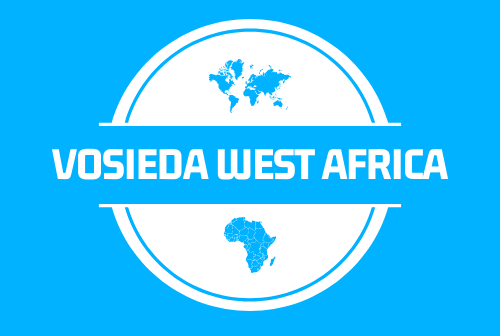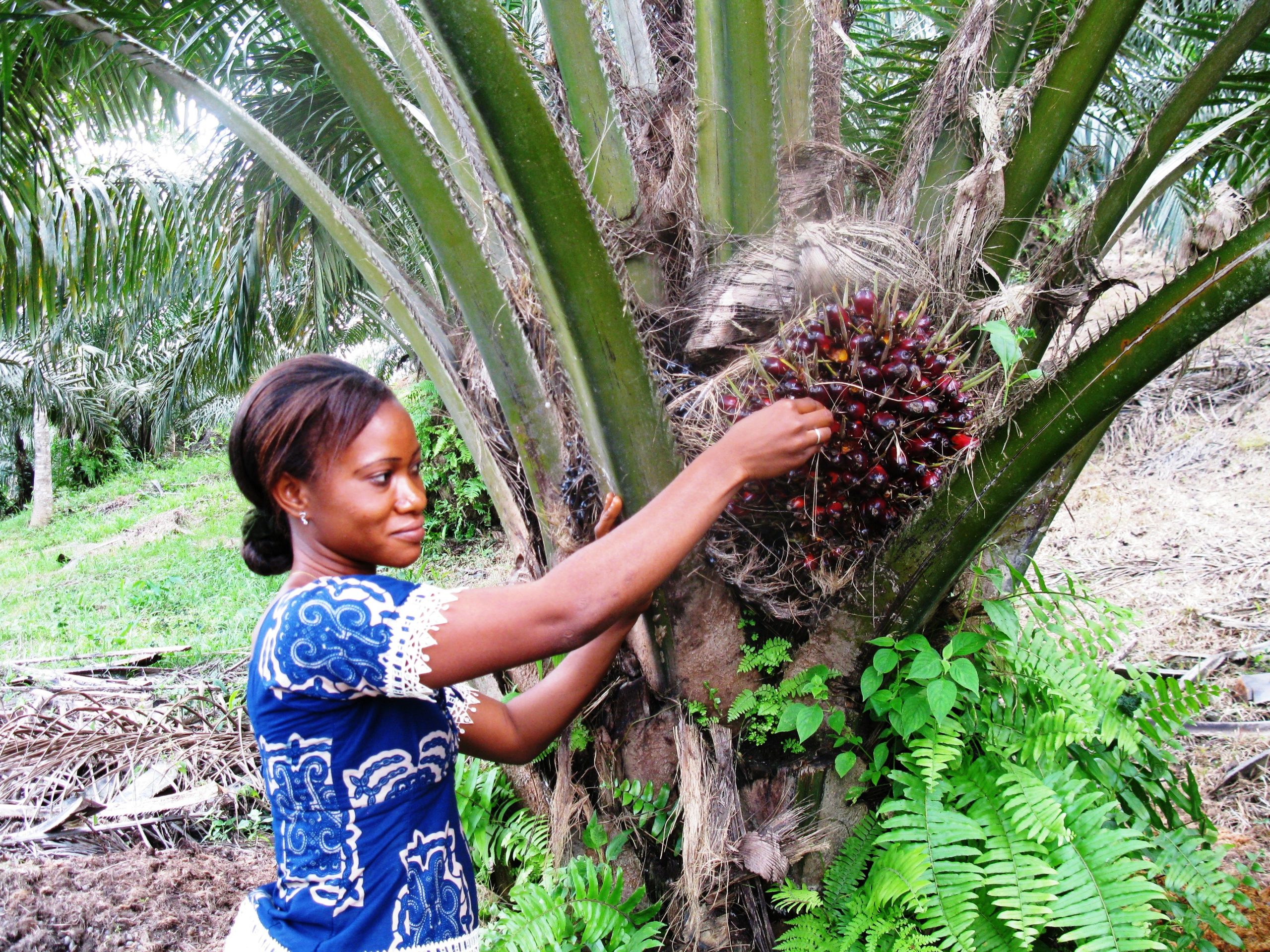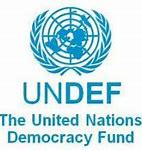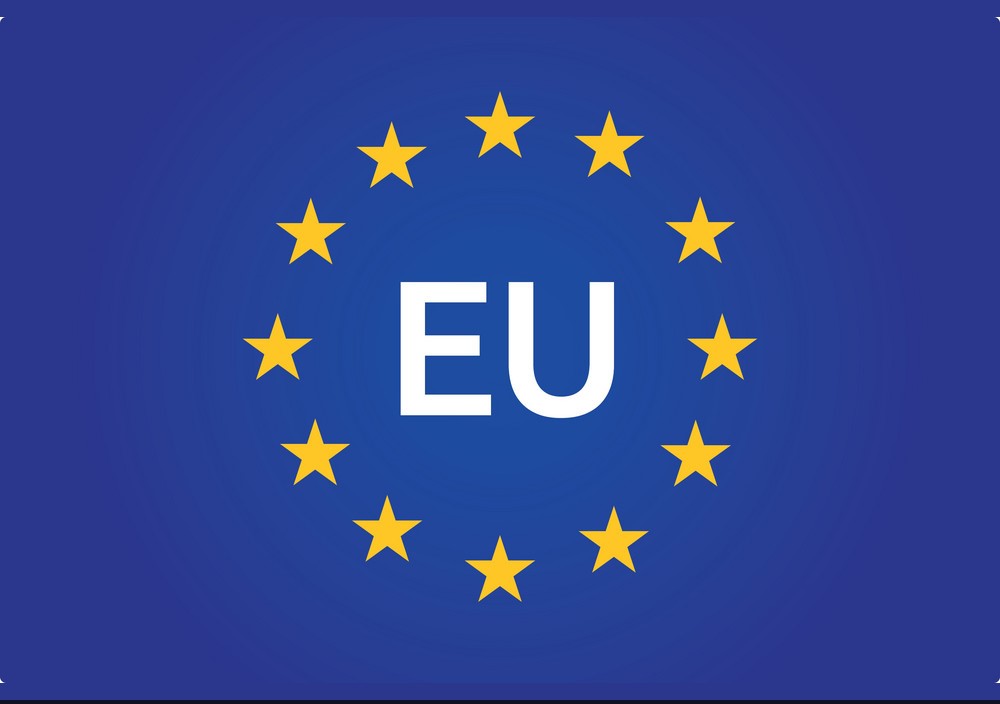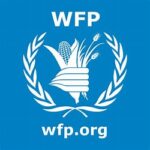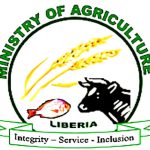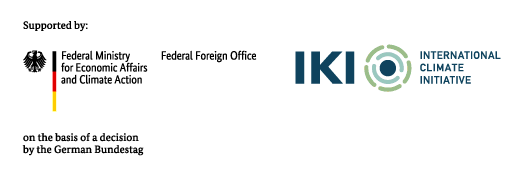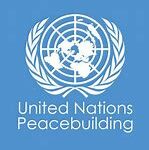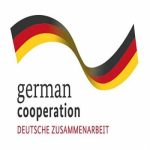Context
The Northwest Liberia landscape is home to Gola Park and Lake Piso, two of Liberia’s few remaining intact forest blocks. These areas comprise approximately 40% of the remaining Guinean Forests of West Africa and are vital habitats for 30 endemic primate species, including the endangered pygmy hippopotamus, forest elephant, Liberian mongoose, and western chimpanzee. The landscape boasts two protected areas with a combined area of 198,000 hectares.
The landscape, which has 70% of Liberia’s 25 key biodiversity areas, and four of Liberia’s nine Important Bird Areas (IBAs), serves as a wildlife corridor between Liberia and Sierra Leone. The Mano concession is c. 330,000 ha, out of which c. 306,000 ha is forest area. Out of a target of 220,000 ha for oil palm production, only 10,000ha of degraded land has been planted.
The government of Liberia has ambitious plans to increase commodity production, which is expected to lead to a doubling of deforestation rates. Moreover, the population is proliferating at over 2.5% per year, resulting in an increased demand for land, fuelwood, charcoal, food, and building materials. Additionally, the agricultural practices being exercised in the region are unsustainable, including shifting cultivation, high pressure from mining concessionaries and timber, poaching, illegal logging, and wildlife trade.
In 2019, Mano Oil Palm Industries (MOPI) acquired the concession in Liberia previously operated by Sime Darby. To address challenges such as FPIC, deforestation, and landscape governance, MOPI established Multi-Stakeholder Platforms (MSPs) in partnership with the National Bureau of Concession, Conservation International, and VOSIEDA. Despite funding constraints and limited technical expertise, MOPI continues to work towards implementing a landscape-level strategy and exploring partnerships for out-grower schemes. However, there have been some difficulties in fully supporting engagements on this platform.
The Intervention
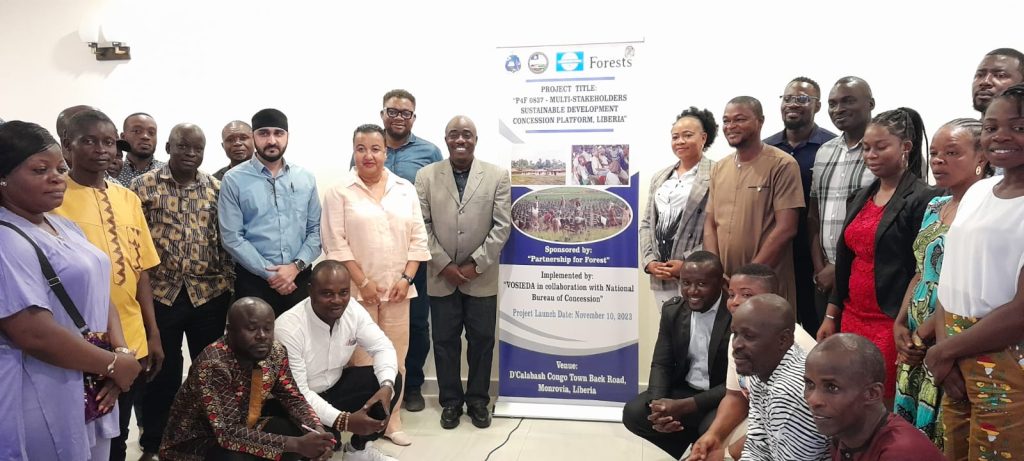
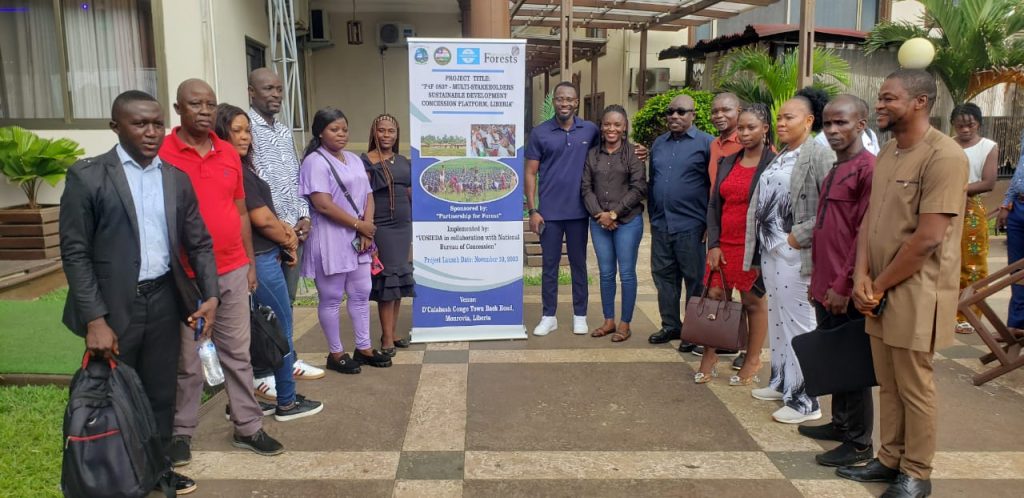
Implemented by VOSIEDA West Africa, the project aims to enhance landscape governance in the region by drawing on P4F’s expertise. It provides support to strengthen the existing platform established by the government, VOSIEDA, and Conservation International (CI). This small-scale EC project builds on P4F’s past support to the APOI, Sime Darby, and CI. The project focuses on strengthening and facilitating greater engagement on the platform by forming the governance structure, agreeing on a constitution and by-laws, and developing a strategic plan for the platform. It seeks to expand the platform’s partnership base and increase membership to address issues of deforestation and landscape governance. Additionally, it aims to enhance the capacity of platform community members to address these issues and explore out-grower scheme partnerships.
The project plans to create an improved enabling environment by:
- Developing a common set of principles, by-laws, a constitution, and a strategic plan for the platform.
- Developing a landscape-level investment plan to attract investments into the landscapes for a sustainable oil palm sector.
- Enhancing dialogue between the private sector and concession-fringe communities, as well as holding discussions on carbon rights concepts.
- Professionalizing existing smallholder cooperatives concerning outgrower schemes.
- Providing training on cooperative and forest governance, land rights, FPIC, negotiations, carbon rights, safeguards, and gender inclusion.
- Developing a monitoring and evaluation framework to monitor implementation.
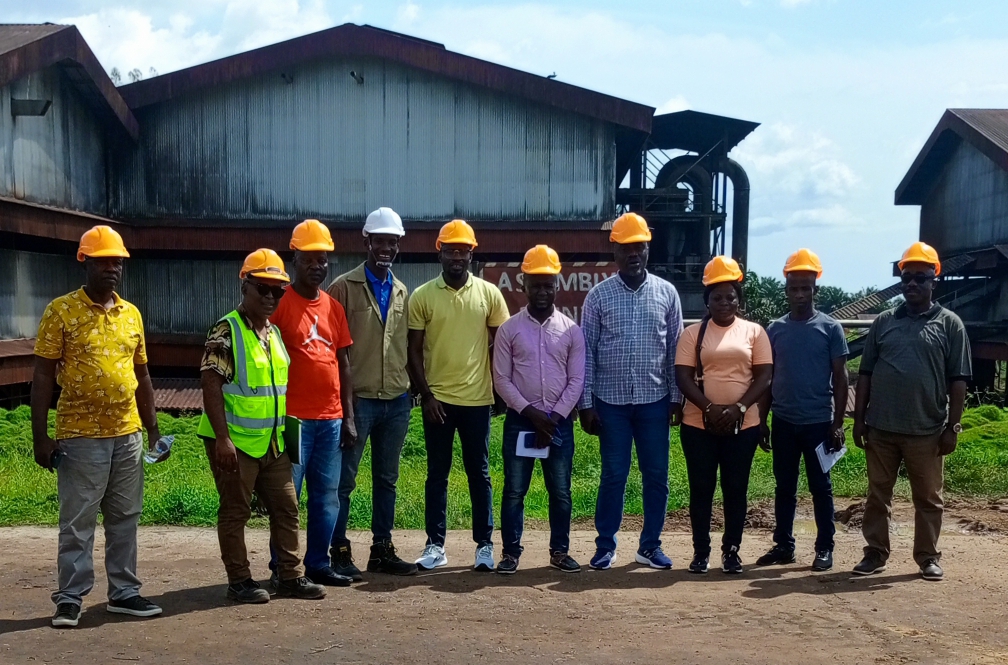
Project’s Impacts:
Environmental Impacts: The project will promote sustainable commodity production and conserve forested areas within the northwest landscape of Liberia by facilitating the agreement and adoption of shared principles among stakeholders. Furthermore, conservation agreements (MoUs) will safeguard over 500,000 hectares of tropical forest, while more than 24,000 hectares are expected to come under sustainable management by 2024. Ultimately, the project will lead to improved and effective landscape management, resulting in reduced deforestation and land degradation.
Economic impact: Engagements with investors on the investment plan developed and training provided to platform members on mobilizing investments have the potential to de-risk investment and catalyze $500m (£394m) from oil palm companies in the long term. Farmer cooperatives will be formally registered to establish their legal recognition within the supply chain, enabling increased oil palm production and sales, while facilitating stronger partnerships with concession companies.
Social impact: The collaborative platforms of the project will prioritize gender inclusivity in decision-making, with a keen awareness of gender balance among their members. Additionally, the project will bolster grievance resolution mechanisms as an integral component of its activities. These efforts are expected to yield positive impacts on the socio-cultural dynamics within the landscape. They are expected to benefit over 16,000 people in the landscape by 2024.
Key Facts
Sector: Climate, Environment and Forest Protection
Domain: Oil Palm, Multi-Stakeholder Platforms, Forestation Protection
Benefiting zone: Liberia
Nature: Performance base contract
Duration: 2023 – 2024
Status: Active
